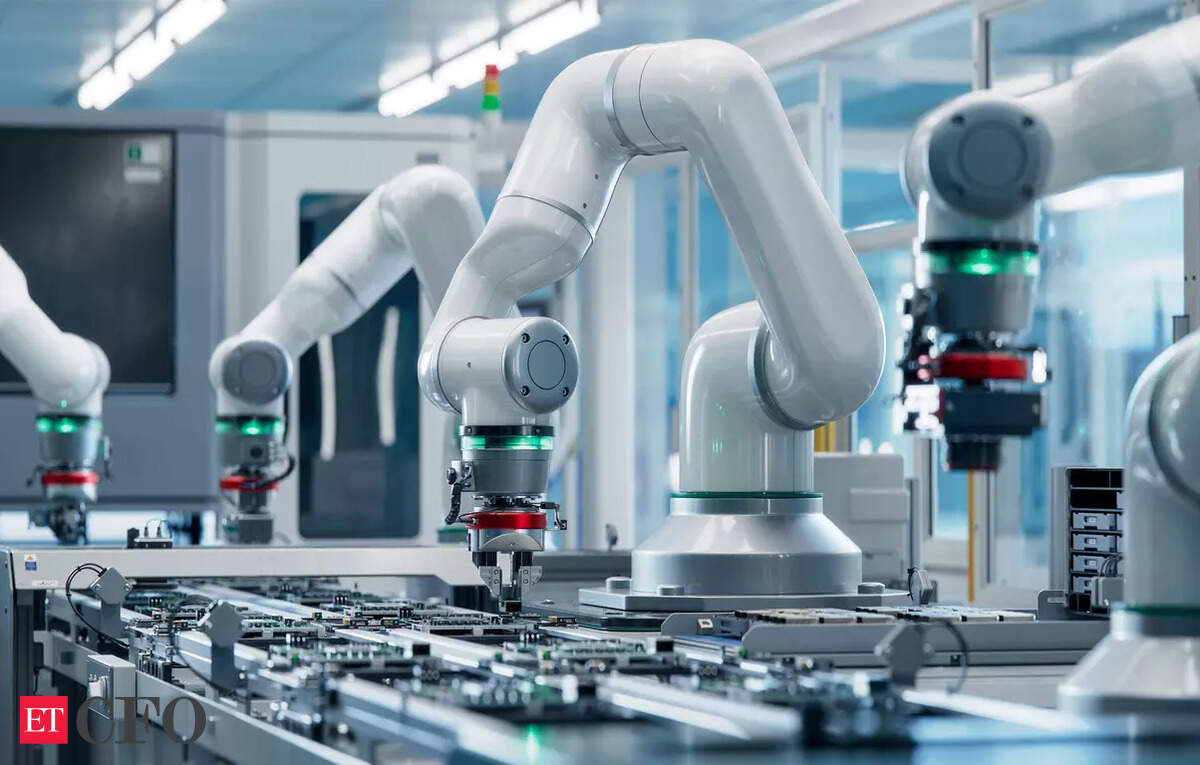Meta Secures Nuclear Power Deal to Fuel AI Operations

Meta, the parent company of Facebook and Instagram, has announced a significant 20-year agreement with Constellation Energy to procure nuclear power. This strategic move aims to support the escalating energy demands of its artificial intelligence (AI) initiatives and expansive data center operations. The deal positions Meta among a growing roster of technology behemoths increasingly looking towards nuclear energy as a reliable and clean power source to fuel the AI revolution.
The agreement specifically involves Constellation's Clinton Clean Energy Center located in Clinton, Illinois. Under the terms, Meta will secure 1.1 gigawatts of power from the facility, and the partnership will also facilitate an expansion of the plant's output by an incremental 30 megawatts. This long-term commitment is set to take effect in June 2027, coinciding with the expiration of Illinois' taxpayer-funded zero-emission credit program, which has been supporting the plant.
The collaboration between Meta and Constellation is projected to have substantial local benefits. It is expected to preserve approximately 1,100 jobs at the Clinton plant and contribute around $13.5 million in annual tax revenue. The Clinton Clean Energy Center, which currently powers the equivalent of about 800,000 U.S. homes, faced closure in 2017 due to financial losses but was preserved by Illinois’ Future Energy Jobs Act. This act established a zero-emission credit program supporting the plant until mid-2027. Meta's agreement, effective June 2027, will allow the plant to continue operating without this taxpayer-funded support. Additionally, Professor George Gross of the University of Illinois estimates that the 30 megawatts of expanded output secured by Meta would be enough to power a city of about 30,000 residents for one year.
Urvi Parekh, Meta's head of global energy, emphasized the critical role of such partnerships, stating, "Securing clean, reliable energy is necessary to continue advancing our AI ambitions." The move underscores a pressing challenge for large tech companies: the need to secure vast amounts of energy for their power-hungry AI platforms and data centers while simultaneously striving to meet ambitious long-term goals for reducing greenhouse gas emissions. AI development, from training complex models like Meta's Llama using specialized graphics processors (GPUs) to the inferencing process that delivers AI-generated content, consumes enormous quantities of electricity and generates significant heat, necessitating further energy for cooling systems.
Meta's foray into nuclear energy is not an isolated event within the tech sector. Other major players are also exploring or investing in nuclear solutions. For instance, Constellation Energy announced in September 2024 plans to restart a reactor at its Three Mile Island facility to supply power to Microsoft's data centers. In the fall of 2024, Amazon also revealed investments in small nuclear reactors, a move followed shortly by Google. In May 2025, Google further announced investments in three advanced nuclear energy projects with Elementl Power.
This trend is mirrored by supportive legislative action. In 2024, 25 U.S. states passed legislation to encourage advanced nuclear energy. By June 2025, lawmakers had introduced over 200 bills supportive of nuclear energy, according to the trade association Nuclear Energy Institute. Advanced reactor designs from various firms are progressing through the federal government's regulatory approval process, as the industry promotes nuclear as a dependable, climate-friendly solution for the tech sector's surging electricity needs.
Despite the momentum, significant challenges remain in rapidly expanding nuclear capacity in the United States. The White House's goal to quadruple U.S. nuclear production within the next 25 years is ambitious, especially given that the country currently has no next-generation reactors operating commercially. The construction of new large-scale reactors has been infrequent and fraught with difficulties; for example, the two most recent large reactors, built at a nuclear plant in Georgia, were completed years behind schedule and significantly over budget by at least $17 billion. Furthermore, experts like Professor Gross highlight the critical need for substantial investment in modernizing the nation's electricity transmission grid to efficiently distribute this power, noting that spending on the grid has unfortunately declined in recent years.
Currently, the majority of electricity consumed by U.S. data centers is derived from fossil fuels, primarily natural gas and sometimes coal, as reported by the International Energy Agency (IEA) in an April 2025 report. As AI demand continues to soar, the IEA anticipates that new supply in the coming years will largely come from gas-fired plants, which, while cheap and reliable, produce planet-warming emissions. Renewable energy sources like solar and wind account for about 24% of data center power in the U.S., with nuclear power contributing approximately 15%, according to the IEA. It will likely take several years before cleaner energy sources, including an expanded nuclear portfolio, can significantly curb the growth of fossil fuel-based power generation for these facilities.
The energy appetite of AI is substantial and growing. A report from the U.S. Department of Energy released in late 2024 indicated that electricity consumption by data centers in the U.S. tripled over the past decade. It is projected to double or even triple again by 2028, potentially consuming up to 12% of the nation's total electricity. The IEA's April 2025 report further projects that the power demands of AI data centers globally could more than double by 2030, reaching a level slightly greater than the entire current electricity consumption of Japan today.
Internationally, countries like France, which derives about 75% of its electricity from nuclear power (the highest proportion globally), are leveraging their nuclear capacity to position themselves as leaders in the AI field. French President Emmanuel Macron has promoted a "plug baby plug" approach, contrasting with fossil fuel reliance. As Meta and other tech giants increasingly invest in nuclear energy, they are signaling a strategic shift towards more sustainable, albeit challenging, pathways to power the future of artificial intelligence. This transition will require overcoming significant infrastructural, regulatory, and financial hurdles to meet the voracious energy demands of the digital age.










